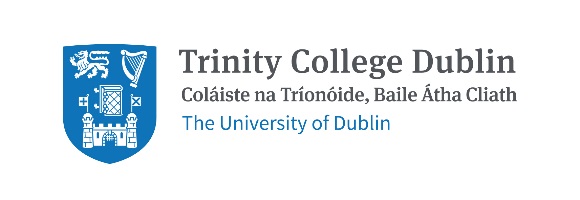
Call for Abstracts for the conference “New Directions in Telecollaborative Research and Practice”, Trinity College Dublin, 21-23 April 2016: http://www.tcd.ie/slscs/telecollaboration2016/
This conference builds on the great success of the first conference on telecollaboration held in León, Spain, in 2014, as part of the INTENT project (http://www.intent-project.eu/intent-project.eu/index.htm; http://uni-collaboration.eu/ ), and reflects the growing interest in this pedagogical model.
Submission of abstracts is now open at http://www.tcd.ie/slscs/telecollaboration2016/submissionForm.php – DEADLINE 1 DECEMBER.
Conference registration will open shortly: look out for the further notification, to be circulated soon.
Keynote talks by:
Professor Celeste Kinginger, Penn State University
Professor David Little, Trinity College Dublin
Professor Dr. Andreas Müller-Hartmann, Pädagogische Hochschule Heidelberg
Information and communication:
Website: http://www.tcd.ie/slscs/telecollaboration2016/
Email: telecoll2016@tcd.ie
Twitter: @telecoll2016
Hope to see you in Dublin!
Kind regards,
Breffni O’Rourke, on behalf of the academic committee




